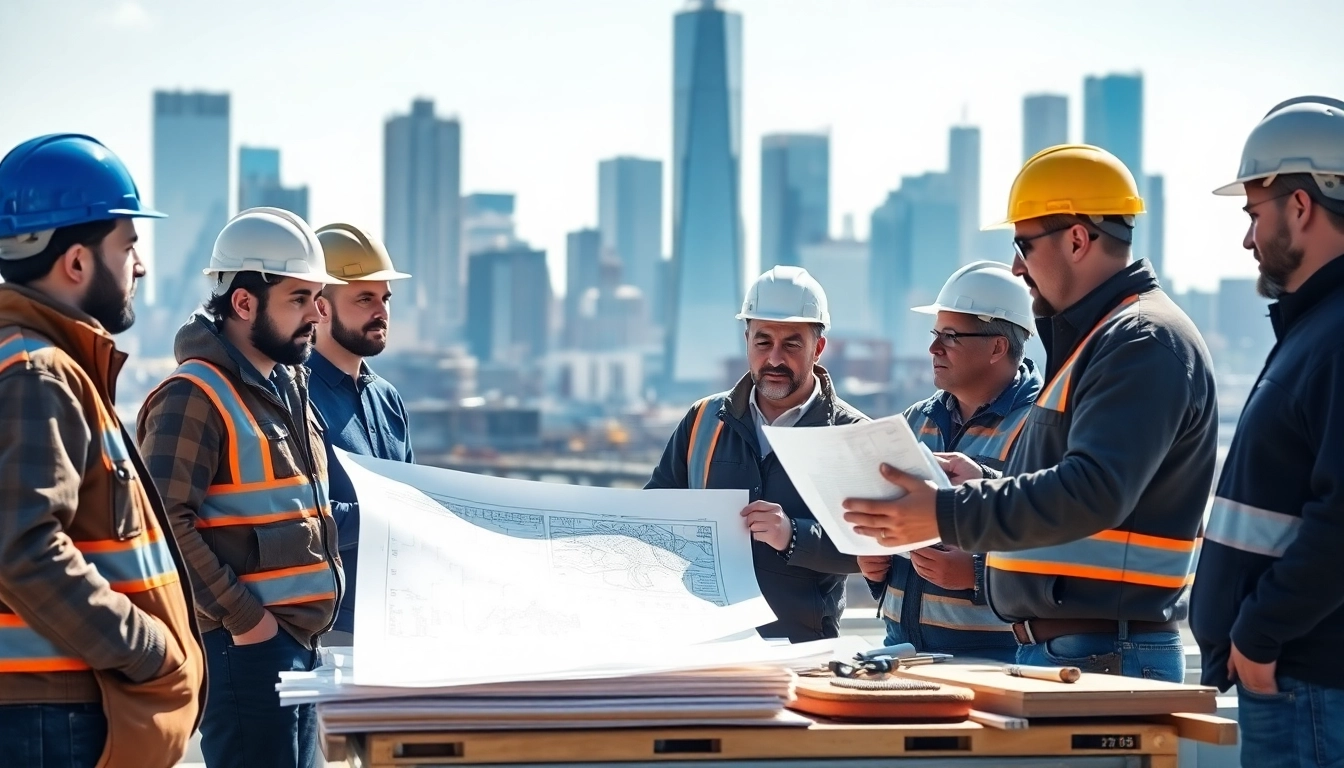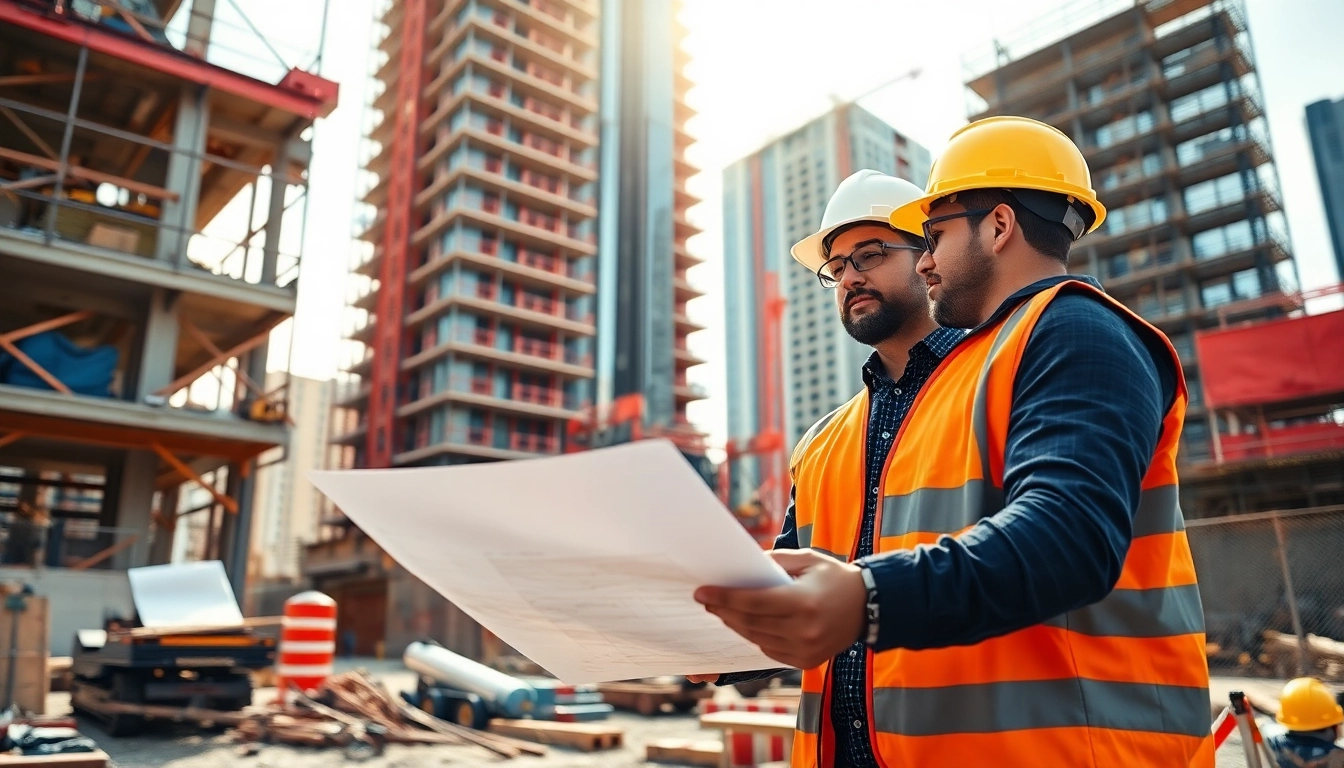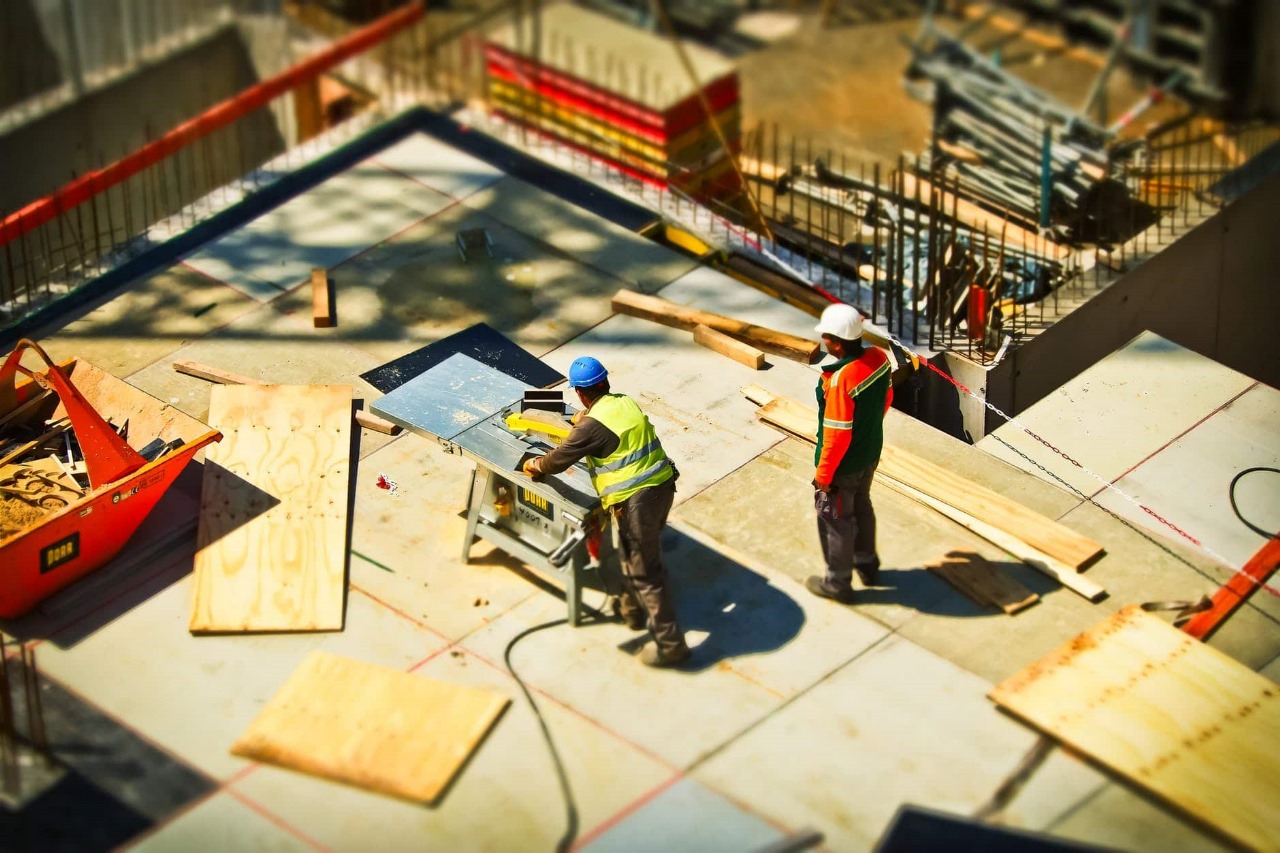
Understanding the Role of a New York City General Contractor
Definition and Responsibilities
A New York City General Contractor plays a vital role in the construction ecosystem. They are the project managers, responsible for overseeing construction projects from inception to completion. Their primary tasks include coordinating with subcontractors, ensuring compliance with building codes and regulations, scheduling inspections, and managing budgets. A general contractor acts as the central point of communication for various stakeholders, such as architects, owners, and regulatory bodies. In the context of New York City, where construction can be intricate due to urban constraints, their expertise becomes particularly crucial.
Benefits of Hiring a General Contractor
Engaging the services of a general contractor offers numerous advantages. Firstly, their understanding of local laws and zoning regulations ensures that projects comply with New York City’s complex requirements. This knowledge not only expedites permits and inspections but also reduces the risk of costly delays due to legal issues. Moreover, general contractors bring experience in managing both labor and materials, often resulting in cost savings through established supplier relationships. They also simplify communication by coordinating all aspects of the project, which is essential in a bustling urban environment.
Common Misconceptions About General Contractors
Despite their critical role, there are prevalent misconceptions about general contractors. One common myth is that hiring a contractor is an unnecessary expense and that DIY projects are a better alternative. While some homeowners may have the skills to undertake small tasks, larger projects benefit from a contractor’s expertise in managing complexities and unforeseen challenges. Another misconception is that all contractors are equal. It’s important to remember that qualifications, experience, and credentials can vary widely, making it crucial to carefully vet potential candidates before hiring.
How to Identify Qualified New York City General Contractors
Essential Licenses and Certifications
Before hiring a general contractor, you should verify that they hold the necessary licenses and certifications. In New York City, contractors must be compliant with state laws and city regulations, which often include obtaining a general contractor registration from the New York City Department of Buildings. Additionally, many successful contractors hold certifications in specific areas of construction or project management, which can indicate a higher level of expertise.
Evaluating Experience and Expertise
When assessing potential contractors, their experience in relevant projects should be a priority. Look for a contractor who has successfully handled projects similar to yours in terms of scale and scope. Consider how long they have been in business, as well as their track record in the New York City market. Don’t hesitate to ask for examples of past work and photographs or case studies that showcase their capabilities.
Seeking Customer Reviews and References
Customer reviews and testimonials can be invaluable when selecting a contractor. Seek out references from previous clients to gather insights into their experiences. Former clients can provide feedback about the contractor’s communication, reliability, and the quality of work performed. Online platforms often showcase ratings and reviews, giving potential customers a broad perspective on what to expect.
Important Questions to Ask Potential General Contractors
Inquiring About Project Management Styles
Understanding a contractor’s project management style can significantly impact the success of your project. Ask how they plan to communicate with project stakeholders, how they schedule work, and what tools they use for project management. A contractor who employs modern project management tools can provide more transparency and better tracking of progress.
Understanding Cost Structures and Payment Terms
Clarifying the contractor’s pricing structure is essential to prevent misunderstandings later on. Discuss the types of contracts available, such as fixed-price, cost-plus, or time-and-materials agreements, and how each one would impact your project’s budget. Additionally, request a detailed breakdown of costs and understand their payment terms to ensure you are both on the same page.
Clarifying Communication Expectations
Effective communication is fundamental to a successful construction project. Discuss how often you can expect updates, methods of communication (email, calls, meetings), and who the primary point of contact will be. Establishing clear communication expectations upfront can prevent frustration and misunderstandings down the line.
Effective Strategies for Working with Your New York City General Contractor
Setting Clear Project Goals and Timelines
At the outset of your project, it’s essential to set clear, actionable goals and establish realistic timelines. Discuss your vision for the project and compile a list of specific objectives. Effective general contractors will help you translate those goals into actionable milestones, setting deadlines that can be realistically achieved.
Maintaining Regular Communication
Once the project commences, maintaining regular communication with your contractor is vital. Schedule periodic check-ins to discuss progress and any potential issues that might arise. This ongoing dialogue encourages transparency and allows for quick adjustments if unforeseen challenges emerge.
Addressing Issues Promptly and Constructively
Challenges are inevitable in construction, but how they are addressed can make a significant difference. If issues arise, approach them with a constructive mindset. Engage in open discussions with your contractor to find solutions rather than assigning blame. This collaborative approach fosters a problem-solving atmosphere and can help maintain a positive working relationship.
Measuring the Success of Your Construction Project
Evaluating Project Completion Against Standards
Once the project reaches completion, it’s critical to evaluate whether it meets the initial standards and objectives set out at the beginning. Conduct a thorough walkthrough of the project alongside the contractor. Use a checklist to ensure that all aspects of the project have been addressed as per the established agreements.
Understanding Final Costs vs. Initial Estimates
Compare the final costs to the initial estimates provided. While some variations may occur due to unforeseen circumstances, it’s essential to delve into any significant discrepancies. Request a detailed explanation of any additional costs incurred during the project to ensure you fully understand where the budget was allocated.
Soliciting Feedback for Future Improvements
After finishing the project, consider soliciting feedback from your contractor. Constructive feedback can be beneficial for both parties. For you, it provides insights into how to improve future projects. For the contractor, it can inform their practices and enhance their services for future clients.




